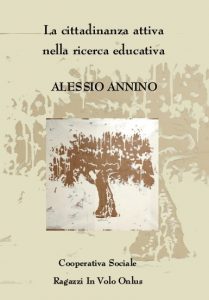
The current global context brings with it all the complexity associated with migratory phenomena and the management of multicultural conflicts in Western societies, and pedagogical reflection focuses on intercultural education and specific curricula, which have as their main objective the overcoming of the ‘ ethnocentrism and the enhancement of diversity. The main difficulty encountered in intercultural processes is related to the persistence of ethnocentric resistance pockets within the social contexts that occur through systematic discrimination, isolation or marginalization towards those who belong to a different culture, mainly because the prejudice is diffused and stubborn in pervading the consciences of individuals. True and effective intercultural education is closely linked to a broad and clear vision where all the differences are first recognized and then valued as patrimony both from the point of view of the person, in his unique and unrepeatable singularity, and at the group level, as a complete choral expression of shared knowledge and values.
